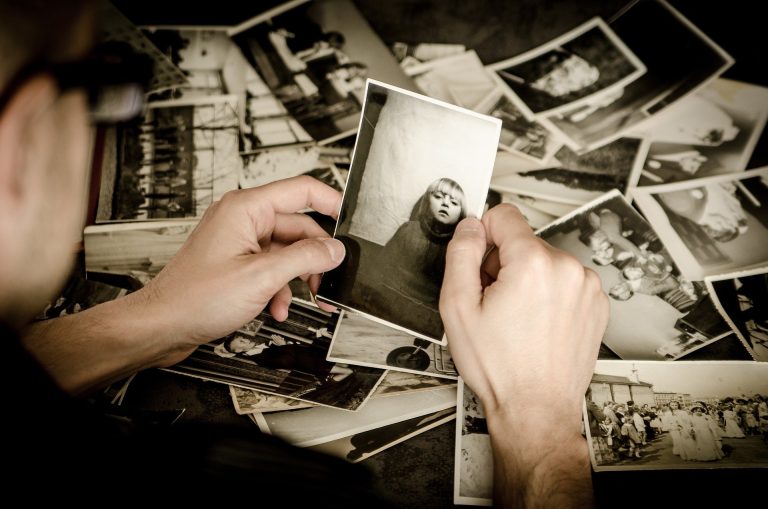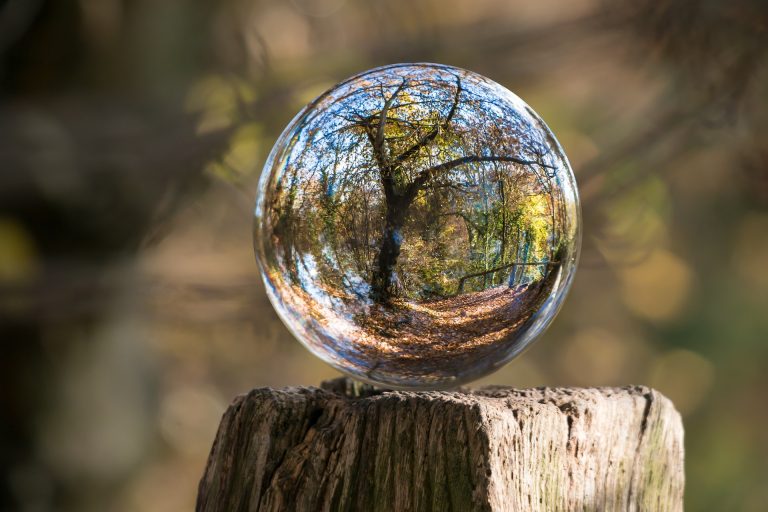Have you ever had moments that seem so eerily familiar that you think you’ve experienced them before? If so, you are not alone. You are part of the two-thirds of the world’s population who have experienced déjà vu. Why does this happen? Do you have some kind of precognitive ability, or is it simply the result of a brain glitch? Let’s take a look at this enigmatic, yet common experience that continues to baffle scientists today.
The scientific perspective: A brain game
Studying déjà vu is a challenge in itself, as its occurrence is neither predictable nor calculable. Although neuroscientists around the world have not agreed on a theory, there are three widely supported explanations for this phenomenon.
We’re just failing to remember
According to the hologram theory, déjà vu happens when an object we have seen before is part of a new scene, making it all seem oddly familiar. Because this object prompts our minds to recreate the setting in which we first encountered it, we feel as if we had already experienced the whole scene, rather than just the object.
This is explained on the grounds that our brains store memories in the form of holograms, which can be recreated from a single fragment of the whole picture. However, the smaller the piece of the hologram — be it an object, a smell or a sound — the hazier the recollection will be, making us feel that we remember something without knowing exactly what.
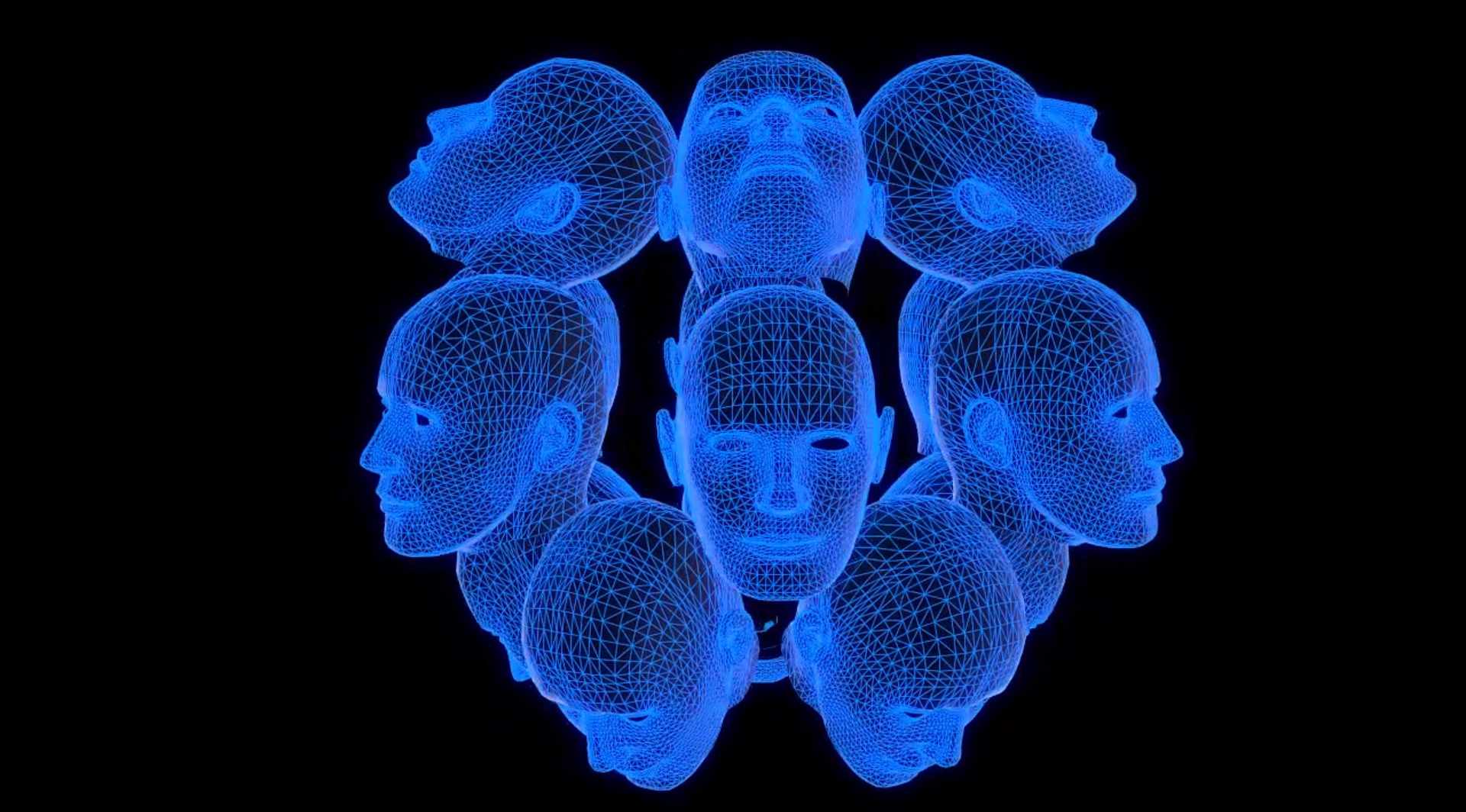
Our brain is acting slow
As we experience something, we receive vast amounts of information through our five senses. Scientists have found that our brain processes all these pieces of information to interpret them as a single instant. It is therefore essential that all our receptors and processing mechanisms work in sync. If there is a slight delay, you might experience déjà vu.
Success
You are now signed up for our newsletter
Success
Check your email to complete sign up
The dual processing theory states that déjà vu occurs when our brain receives different inputs from the same scene at different times. This is because information that arrives in the brain with a delay is processed as a separate event, making us feel as if we are experiencing the same episode twice. In a sense, we did experience that situation before, it was just processed from other information inputs.
We were distracted
The theory of divided attention states that déjà vu occurs when our attention returns after being distracted. It explains that while we focus our attention on a particular object, our brain is unconsciously registering everything around us, such as what we see through our peripheral vision. Then, when we return our attention, it feels like we’ve already been there; because, in fact, we have. Only in a distracted way.
Past lives memories: A spiritual viewpoint
Dissatisfied with science’s attempt to explain déjà vu, many have turned to spirituality for answers.
On one hand, the sudden sense of familiarity has been associated with recollections from past lives. According to this explanation, experiences from previous lives are stored in our subconscious and are activated when we visit the same places, encounter the same situations or meet the same people in this lifetime.
While it is difficult to provide scientific evidence on spiritual matters, it is mainly through anecdotal stories that this theory is supported. It is common among people who have undergone past-life regression therapy to find out that some of their current friends were part of their previous lives — in different bodies and playing different roles — and that some of the places where they feel unusually comfortable — be it buildings or cities — used to be their homes in the past.
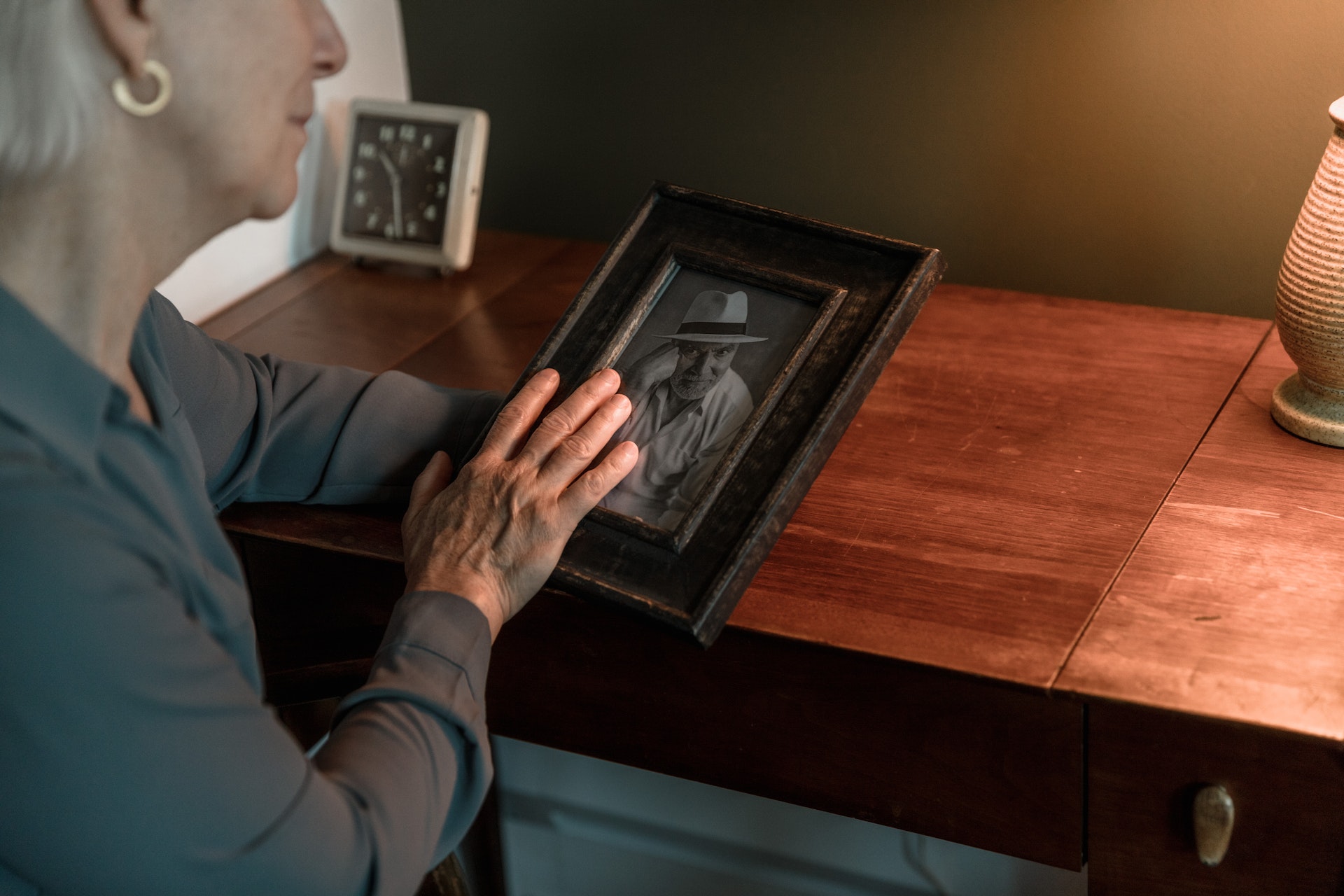
Who is more likely to have déjà vu?
With 60 to 70 percent of people in good health having reported experiencing déjà vu at least once in their lifetime, it is a fairly common phenomenon. Most episodes occur between the ages of 15 and 25, indicating that the likelihood for experiencing déjà vu decreases as we age.
According to reports, individuals who are exposed to diverse experiences — such as those who travel often or those who can remember their dreams — are more likely to experience it than others. Feelings of stress or tiredness are also linked with an increase in the occurrence of déjà vu, as they directly affect one’s memory.
Other types of déjà
The meaning of déjà vu is conveniently hinted at in its French name, which translates literally to “already seen.” Yet there are also familiar experiences that are not perceived visually.
Déjà entendu, meaning “already heard,” occurs when we feel like we have heard something already even though we cannot recall when or where. A typical case is when a song on the radio seems like a familiar tune, even though it has just been released.
Another thrilling experience is known as Déjà rêvé — literally “already dreamt” — and takes place when something we saw in a dream materializes in real life. Since it provides information about the future, it is often regarded as the ability to have precognitive dreams.
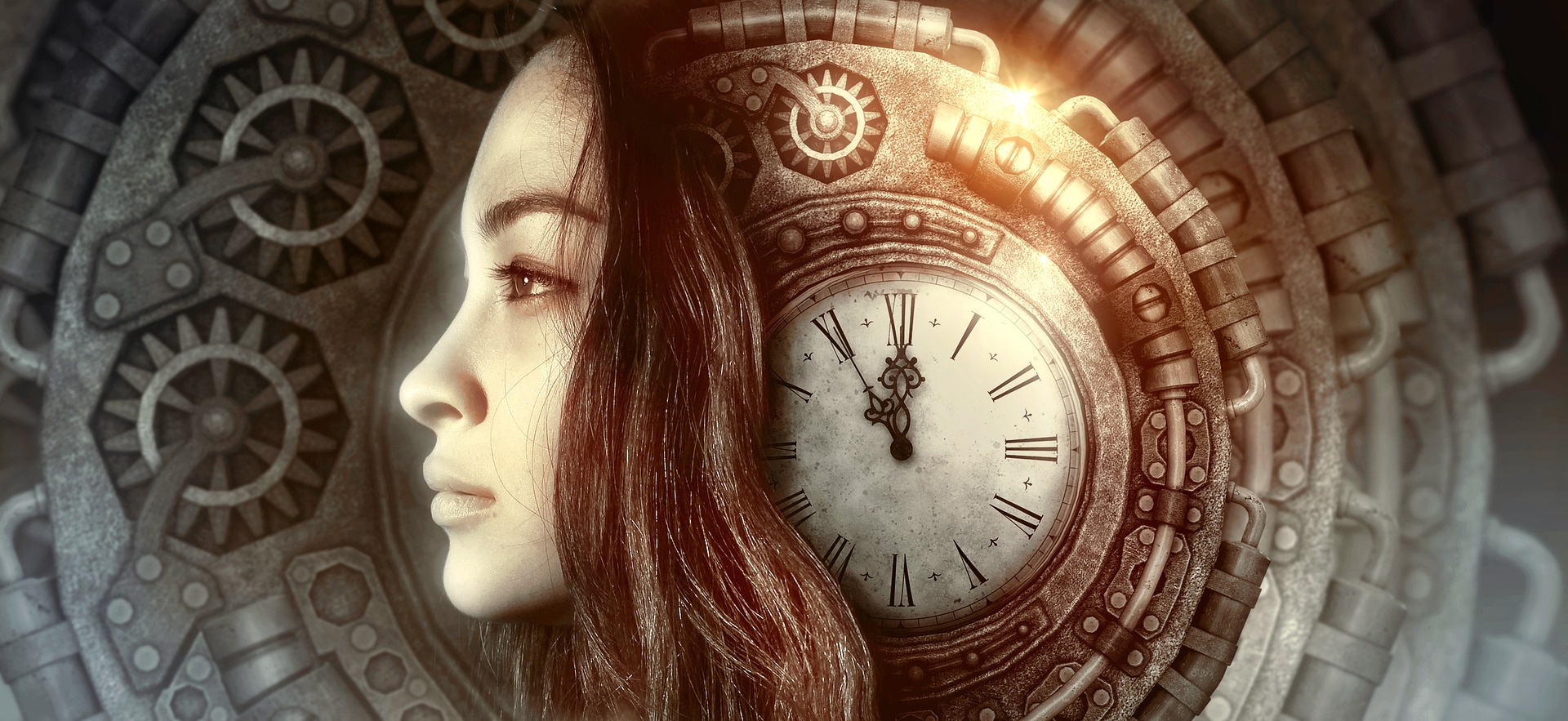
Finally, déjà vécu, or “already lived” in French, appears to be the least common experience. Described as a more intense version of déjà vu, déjà vécu normally has behavioral consequences, leading the individual to interrupt daily activities due to the intense sense of familiarity. Experiencing déjà vécu often leads the person to believe in previous lives and attribute their recollections to them.



